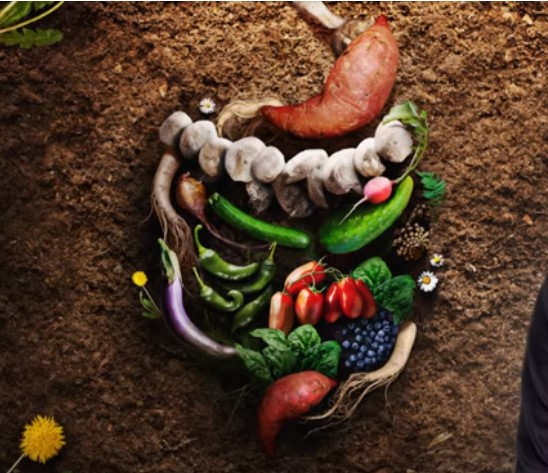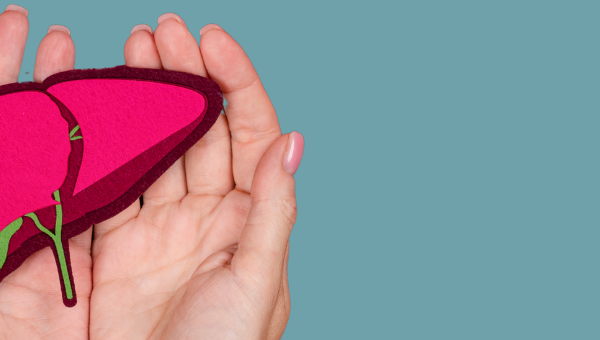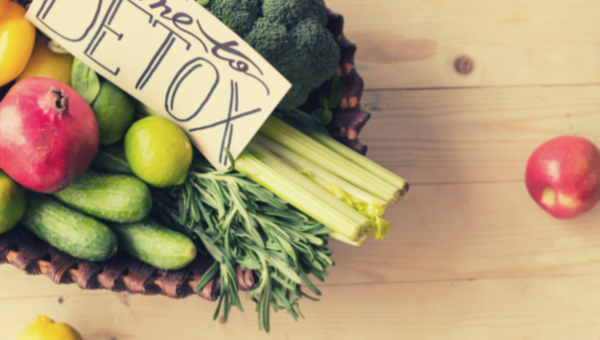Fiber Watch
There is strong evidence that a whole-food diet rich in fiber (or roughage) can reduce constipation and help with weight maintenance. A diet rich in fiber also lowers cholesterol, your risk of heart disease, stroke, type 2 diabetes and bowel cancer. Maintaining a diet rich in fiber also keeps us feeling full and deters unwanted cravings.
Some types of fiber are prebiotic, meaning they also promote healthy gut bacteria. The average person gets about 16 grams of fiber in their diet. About 1/2 the daily recommended amount.
A Diet Rich in Fiber
We recommend a target of 25-35 grams of fiber for your diet, daily. This is not an easy task for most people, so supplementing fiber is often the only way to reach that target. It is best to get your fiber from food, but if your fiber intake is low, you may have to supplement.
Hara Fiber Crystals contain a high concentration of enzyme fibers, or intestinal “broomers”. They support physiological functions and maintenance of the intestinal wall by clearing waste, improving nutrient absorption, and stimulating and easing bowel movements. Good for all as an intestinal cleansing support but especially important for people missing vegetable intake or eating a diet high in processed foods.
Other types of fiber such as psyllium, guar, and glucomannan are excellent options also, but keep in mind that fiber supplements can cause stomach discomfort and bloating, so be sure to drink plenty of water if you decide to supplement your whole food fiber intake.
Whole-Food Carb Sources
Fiber is a type of carb found in plant-based whole-foods. Whole-food carb sources all naturally contain fiber which include fruits, starchy vegetables, legumes and whole grains.
While most carbs break down into sugar, fiber stays intact as it passes through your digestive system. It also slows the time it takes digestible carbs to be absorbed into your bloodstream which helps regulate your blood sugar levels.
Fruits and Vegetables
Apples, bananas, oranges, strawberries all have around 3 to 4 grams of fiber. (Eat the apple peels — that’s where the most fiber is!)
Raspberries win the fibre race at 8 grams per cup.

Exotic fruits are also good sources of fiber: A mango has 5 grams, a persimmon has 6, and 1 cup of guava has about 9.
Dark-colored vegetables. In general, the darker the color of the vegetable, the higher the fiber content. Carrots, beets, and broccoli are fiber-rich. Collard greens and Swiss chard have 4 grams of fiber per cup. Artichokes are among the highest-fiber veggies, at 10 grams for a medium-sized one.
Potatoes. Russet, red, and sweet potatoes all have at least 3 grams of fiber in a medium-sized spud, if you eat the skin and all.
Choose Whole Grains
Most whole grains pack a punch of fiber at 5 grams or more per cup! Whole grains are minimally processed, leaving the whole grain intact, whereas, refined grains have been stripped of their vitamin-containing germ and fiber-rich hull. Refined grains last longer but they lack the most nutritious parts, leaving only a fast-absorbing carb.
Replace refined grains with whole-grains like Barley, Bulgar wheat, Buckwheat, Farro and Freekeh, Millet or Quinoa.



No Comments